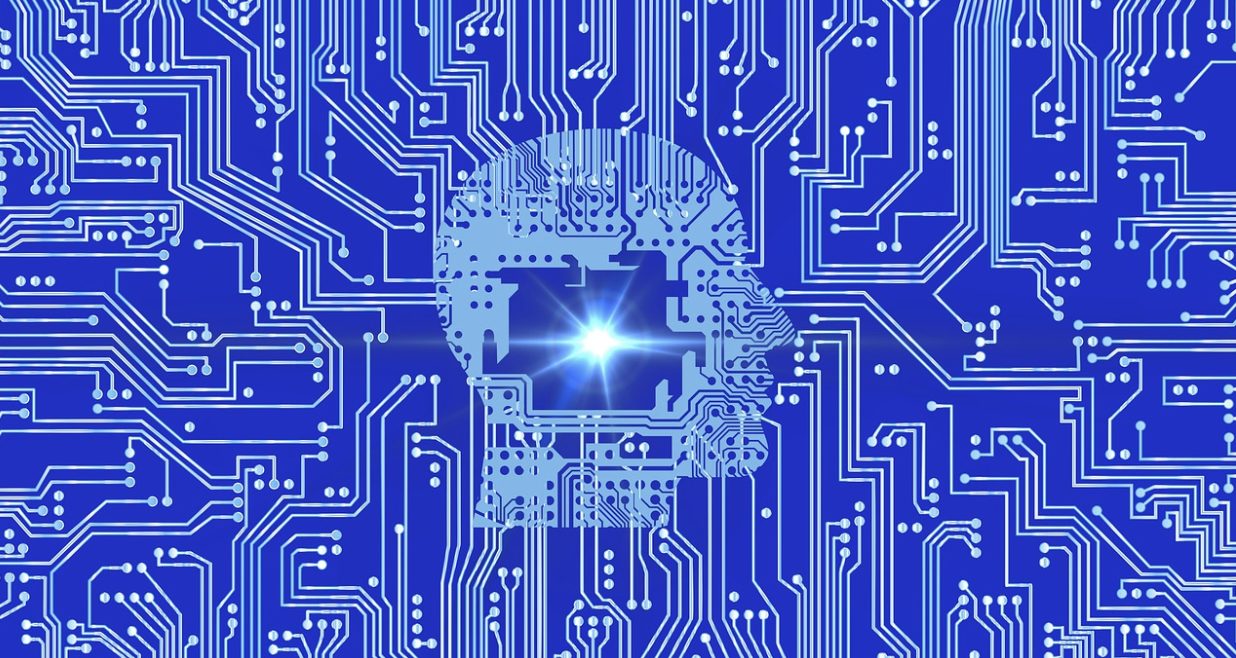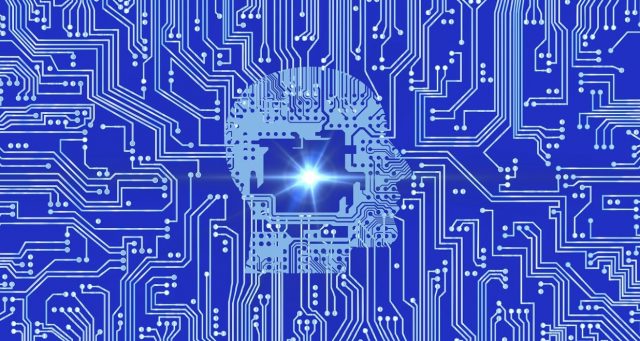Image – CC0 License
So many people are using tools to streamline their lives. With the advent of tools like generative AI making life easier for people in every aspect of their existence, there’s the potential for certain tools to fall by the wayside. For example, productivity tools can be used in so many different ways, but is AI going to actually eradicate not just productivity software but our whole attitude towards the notion of productivity?
Does AI Provide a Specialized Service?
If there’s one area that AI can fall down, it’s the specialized nature of the tool. Lots of people are now using ChatGPT in order to streamline their workload. But when it comes to very specific approaches to working such as in a specific industry like fire safety, specialized tools will always win out. Tools like fire safety software come with very specific parameters relating to that industry and this is something that a general AI tool cannot match right now.
AI certainly has the power to automate repetitive tasks and streamline workflows to boost efficiency, but in terms of specific industries that are trying to provide customer service or businesses that need to develop a personalized service, general AI tools are not ready for this. AI certainly has the ability to tailor the user experience according to individual preferences and behaviors that can make productivity software more intuitive, but this will require far greater investment from the organization itself.
Will AI Replace Programmers and Software Engineers?
The best way to answer this question is to look at it from the perspective of a software engineer and programmer. Many software engineers and programmers are concerned that their jobs are slowly being eradicated. But AI tools are becoming necessary for work. Ultimately, AI is not going to replace software engineers or coders, but the software engineer role is evolving because of AI.
Creating lines of code is becoming a smaller part of the job, and there are still human components that are necessary for software engineering, such as creativity, problem-solving, and understanding complex systems. Therefore, human software engineers will still have a place. It’s more the fact that as AI takes on more coding tasks, professionals in IT will need to change their mindsets. Human software engineers are critical to the overall design to ensure that it is user-friendly.
While there are AI technologies that can generate computer programs without coding, they are not sophisticated enough to replace programmers. Additionally, software engineers will need to use these tools effectively in order to create a comprehensive outcome. The role of coding will decrease in volume, and there will be a greater focus on data-driven design, testing and learning, and human-centered approaches that will take priority.
The Importance of Data Analysis
While AI has the ability to analyze large data sets and provide insights into how a company or an individual can solve problems based on a specific set of information, it is ultimately down to the individual to interpret the data accordingly. This has been an often underestimated part of the AI debate. We can create a lot of information just by inputting it into an AI tool, but we still need to have the know-how to interpret the data and have a greater insight into the impacts of this data.
Ultimately, a tool such as AI has the ability to give you all of the information you need and more, but it can’t give you a definitive answer that will suit your outcome. We can use AI for inspiration but relying on AI for decisions is what so many people have been rallying against. That notion of a sentient machine that knows how to think for itself is very simply not possible. AI is, in so many ways, a wonderful magic trick, but you can’t ask it to think for you. There’s always something about the results that is severely lacking. While AI tools are becoming ubiquitous in the modern world, many people continually rely on AI to provide so many outcomes that they can’t realistically achieve. It requires a human level of reasoning in order to arrive at a solid conclusion based on data sets.
What AI Can Do for Productivity
While AI can do a lot with handling complex data calculations and other tasks that require advanced computing skills, AI is able to learn from user behavior and therefore is a great collaboration tool. Users can find the information they need within productivity tools or the data set within the AI tool itself. This means that AI is the bridge between people and productivity. AI will be able to help facilitate collaboration as long as the user can input the right information.
There’s been a glut of books recently on how to best prompt ChatGPT, and if there’s any lesson to learn from this it’s the fact that we still don’t necessarily know how to speak to AI tools properly. As AI tools are a great solution to help people work more productively, we have to recognize that there is a lot it can do to help adapt in the face of a changing environment.
While AI will introduce changes to the idea of productivity, it’s more likely to evolve into something that will align with people’s needs. We have to remember that tools like AI are augmenting users. Instead of eradicating productivity software, AI is going to be a driving force within the landscape of productivity. We’ve seen how it can help people create thousands of words of content instantly, but we must remember that while doing something fast is one thing, generating the right results is another thing entirely.
As far as productivity is concerned, it’s always on the user to ensure the results are factual and relevant. Therefore, if we look at AI tools as a way to answer all of our problems so we become lazier, this is not actually going to bring about the results we want. Productivity is about finding a way to work smarter than harder, but we still need to ensure that we know what we are looking for.









